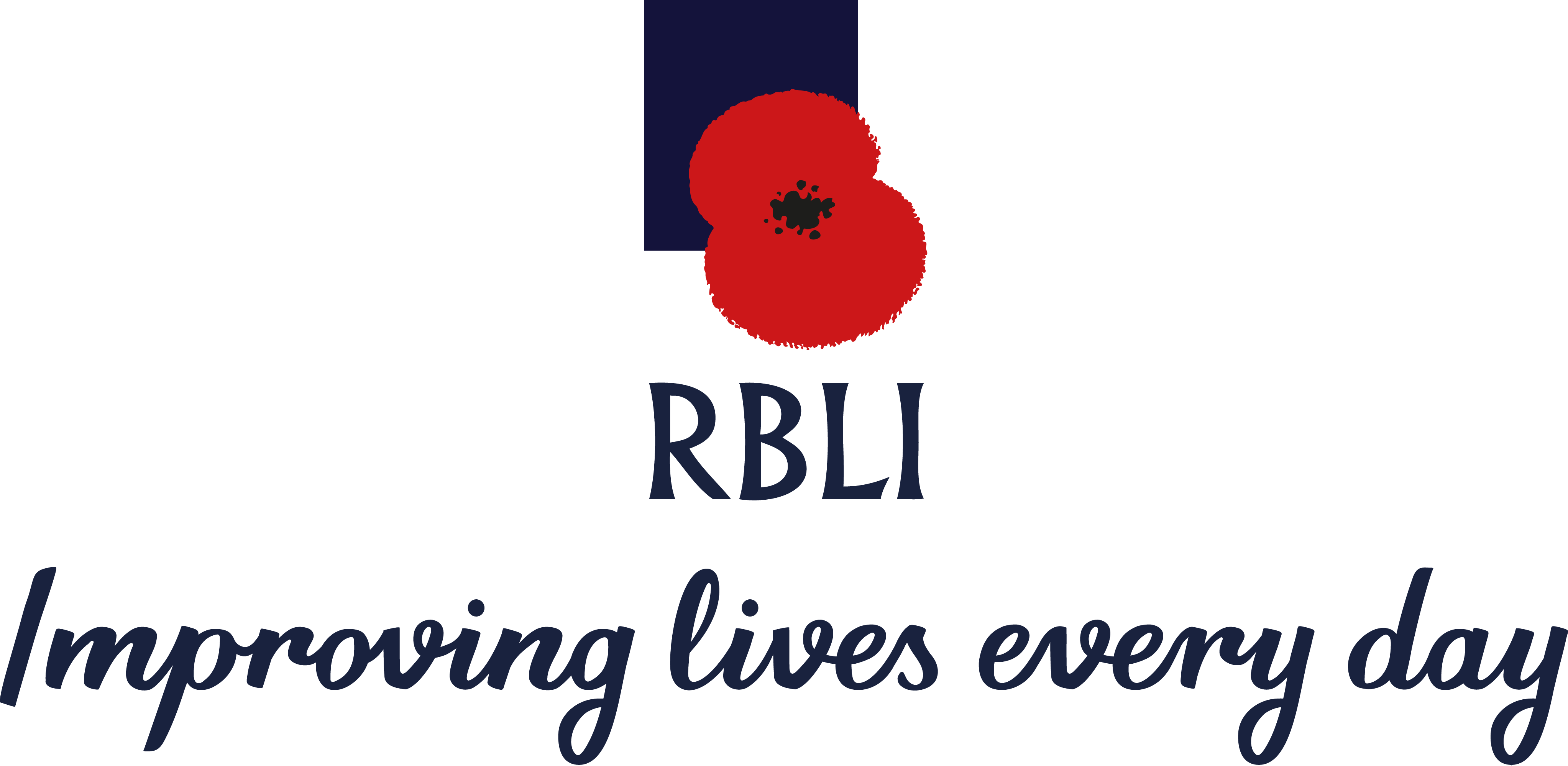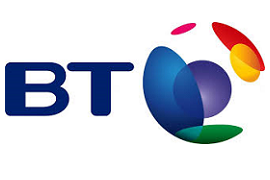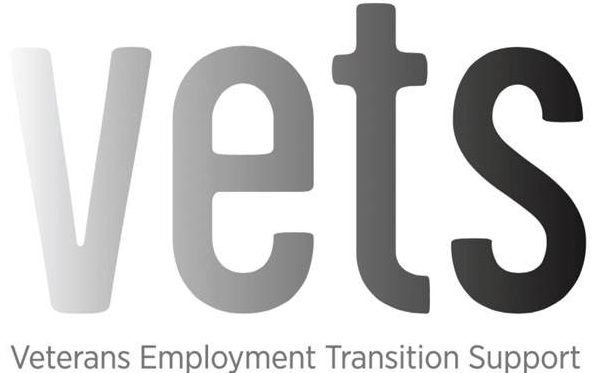The Value of Mentoring
Category: Tips and Advice
Publish date: 31/05/2018
 Everyone has someone in their life that they look up to. Most people can point to an influential person (or maybe several) who has helped shape them into the person they are today. These mentors generously share their expertise, time and insights into nurturing our potential, to help keep us on track and to help us grow.
Everyone has someone in their life that they look up to. Most people can point to an influential person (or maybe several) who has helped shape them into the person they are today. These mentors generously share their expertise, time and insights into nurturing our potential, to help keep us on track and to help us grow.In 2004, David Clutterbuck, an academic who studied mentoring relationships coined an acronym for what mentors do:
Manage the relationship,
Encourage,
Nurture,
Teach,
Offer mutual respect,
Respond to the learner’s needs.
“The idea behind mentoring relationships is a semi-charitable one: that the more successful, senior partner, the mentor, wishes to pass on some of what they’ve learned to someone else who will benefit from their experience.”
Skills You NeedExperience Life, an award-winning whole-life health and fitness magazine says,
“Mentoring relationships sometimes form organically and informally, though they’re often part of a structured programme, and though we tend to think of mentoring as a relationship in which an older, more experienced person passes down his or her wisdom to someone younger, it can take many forms, including peer-to-peer mentoring and reverse mentoring, in which a younger person acts as a guide to an elder.”
How can mentoring feature in support of career transition?
Quite simply as a benefit to the individual and the organisation they are joining!
Benefits of workplace mentoring
Mentor Scout describes the benefits of workplace mentoring as,
“Workplace mentoring programmes help employees do the right thing by exposing them to senior employees that know how to do the right thing. This helps the new employee perform more effectively and gives them greater satisfaction. The benefits to the individual are obvious, but what are the benefits to the organisation?
Onboarding - Speed up the process of bringing on new hires and speed up the process of redeploying existing employees into new lines of work. Bring them up to speed quickly and effectively.
Employee Satisfaction - Studies have shown that employees that participate in mentoring programs have a higher job satisfaction. Higher job satisfaction leads to increased productivity and reduced turnover.
Employee Retention - Studies have further shown that employees that are mentored stay on the job longer than those that are left to sink or swim. A high percentage of turnovers are directly caused by employees not knowing how to do their job. Give employees the ability to do their job correctly and effectively and they will stay longer and give better results.
Career Growth / Succession Planning - Mentoring programs provide an effective way to provide a career growth path to your employees. Growing your employees into more senior positions is an effective way to reduce hiring and turnover costs and keep employees continually striving to be the best that they can be.
Knowledge Management and Retention - For many organisations, the knowledge retained in key individuals is one of the most valuable parts of the organisation. When these key individuals leave, this valuable information leaves with them. That is, unless your organisation has an effective mentoring program that allows and encourages these key employees to share their knowledge and skills with other employees.” (https://www.mentorscout.com/benefits-of-workplace-mentoring.cfm)
Does this all sound a little familiar? Like joining the forces and developing a career there?
There are a number of Mentoring programmes now established for those who are not finding Transition straightforward; the flip side is if you have transitioned successfully could you now be the Mentor for those following along a similar road?
Mentoring trial to support serving personnel transitioning into civilian life

SSAFA, the Armed Forces charity has launched a new trial mentoring service to support Service leavers in the transition to civilian life when they leave the forces.
Working with the Ministry of Defence, Army, and the Career Transition Partnership, the two year trial at Catterick Garrison in North Yorkshire will supplement the assistance already provided to Service personnel preparing for civilian life. The service will provide a SSAFA mentor for those who would benefit from additional support in navigating the transition challenge.
While most Service leavers thrive in civilian life, research commissioned by SSAFA identified a ‘forgotten generation’ of working age veterans who had to cope with an increasingly complicated range of challenges after leaving the forces.
The SSAFA mentoring scheme already provides such support for Wounded, Injured and Sick (WIS) personnel leaving the services. The trial at Catterick Garrison will widen the eligibility for SSAFA mentoring and will help measure the effectiveness of a mentor for Service leavers.
SSAFA has a network of volunteer mentors across the UK who work to motivate, support and empower veterans. Mentors provide both emotional and practical support, ranging from help with writing CVs and securing housing to encouraging new activities and hobbies in a bid to avoid social exclusion.
To find out more about mentoring for SSAFA, the Armed Forces charity, visit www.ssafa.org.uk/help-you/currently-serving/mentoring/mentoring-support-service-leavers.Royal British Legion Industries – Lifeworks Programme

The Royal British Legion Industies provide employment support to veterans who are struggling to find work or want to change career. Their Lifeworks courses are delivered for free to veterans across the UK, in locations from Newcastle to Bristol.
To find out more about RBLI Lifeworks by visiting www.wearelifeworks.org.uk. BT Transition Force

Transition Force is doing their bit for people who’ve served their country.
People leaving the Armed Forces can sometimes struggle to find work in the civilian sector. BT Transition Force understand how important it is that British industry doesn’t lose this huge pool of talent. Transition Force supports Armed Forces personnel, veterans and their families, easing their transition back to civilian life.
How does it work?Transition Force seeks to achieve a positive employment outcome for each individual by providing support through career workshops and matching individuals with “Buddy” volunteer mentors who give advice and guidance. It’s about helping them find the role, company, and industry that’s right for them.
To find out more about BT Transition Force by visiting www.btplc.com/TransitionForce/index.htm.Veterans Employment Transition Support

VETS, Veterans Employment Transition Support,
is a social enterprise that brings together charities, businesses and the MOD to improve employment outcomes for veterans, employers and the UK economy.
As a member of the VETS community, veterans and Service leavers will:
- Be matched to an appropriate mentor
- Learn how to articulate their experiences
- Build a CV and interview techniques
- Receive general support with transition
- Be introduced to a career pathway
- Networking and commercial opportunities
To find out more about VETS visit www.veteranemployment.co.uk.This is just a sample of what may be available and if you are in a position to offer your support as a Mentor please contact the organisation you think most appropriate.
If you are struggling with any stage of the Transition process please in the first instance consult your Career Consultant at the Resettlement Centre, contact the Central Support Team on 0121 236 0058 or speak to your Employment Adviser – they should each be in a position to help immediately or connect you with someone who can assist you.